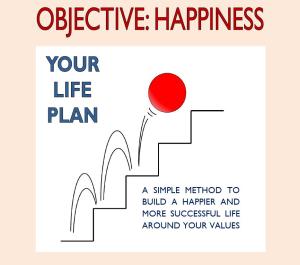 When hiring people, I have heard many times their claiming to be perfectionists, either as one of their top three qualities or one of their top three “weaknesses”. Actually, it has always sounded to me like everyone wants things to be “perfect” all the time.
When hiring people, I have heard many times their claiming to be perfectionists, either as one of their top three qualities or one of their top three “weaknesses”. Actually, it has always sounded to me like everyone wants things to be “perfect” all the time.
On the other hand, I very rarely have heard anyone mentioning the word “excellence”. This is strange, because many of the “perfectionists” are not really looking for perfection, but they simply want to do an excellent job.
So, what is the difference between the two terms? Actually, it is very simple. Since nobody can define what perfection exactly means, perfection cannot be attained, and therefore should not be set as a goal. On the contrary, excellence, because it is a dynamic and relative concept can be translated rather easily into performance objectives that can be quantified.
Perfection is the quest of an abstract absolute, while excellence is the desire to constantly improve. Therefore, the so-called perfectionists can be split into two groups: the bitter idealists and the driven achievers.
Members of the first group are easy to identify, as they are never satisfied and always have to criticize or blame something or someone for the according-to-them unsatisfying performance. What is also remarkable is that they never seem to make mistakes and they are in never the cause for any problem. They tend to have a negative attitude and they never are happy.
Members of the second group are quite different. They, too, are difficult to satisfy, not so much because performance is below expectations, but because they see ways of doing better or of having been able to do better. Their attitude is generally positive and they are always ready to go again to improve things. Their main motivation is to do beat the previous record and certainly to always beat the competitors. They also do not waste their time blaming, justifying or criticizing, and if they realize that they performance is not good, they will feel mortified and they will take action themselves to correct the situation and meet their goals. Their drive and their knowledge that tomorrow is the other day when they will do better keeps them optimistic, happy and stimulating.
So, if you want superior performance, choose your group! Be enthusiastic, shake things, never give and deliver the goods! Do not focus on why things went wrong, bring solutions and fix the problems!
Copyright 2009 The Happy Future Group Consulting Ltd.



 Posted by Christophe Pelletier
Posted by Christophe Pelletier 








